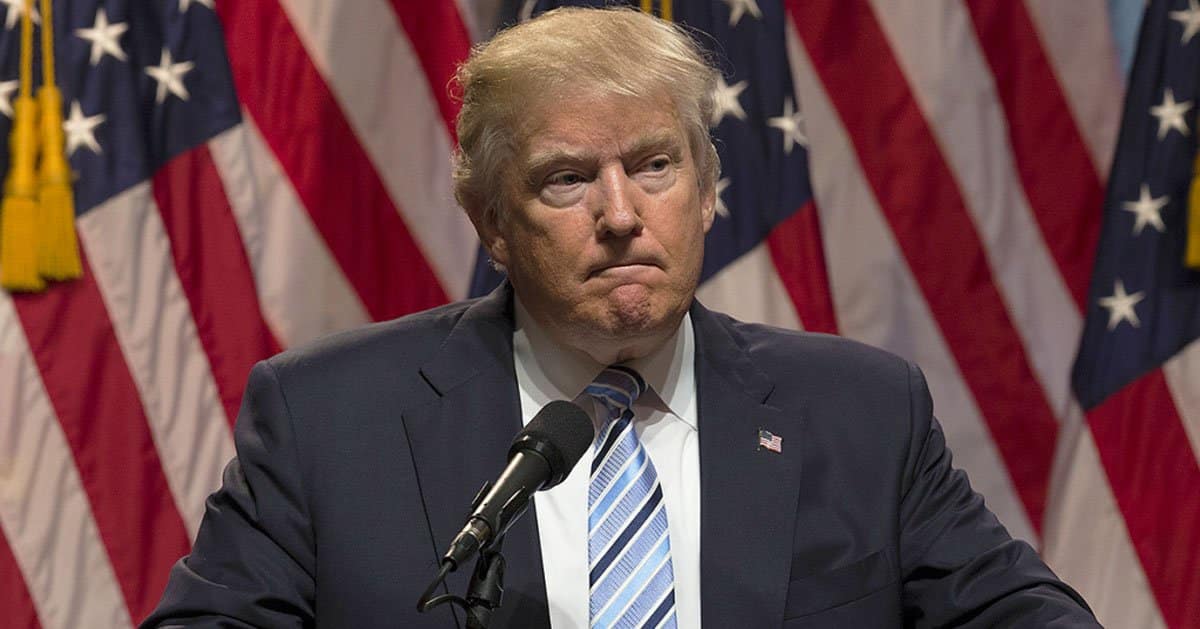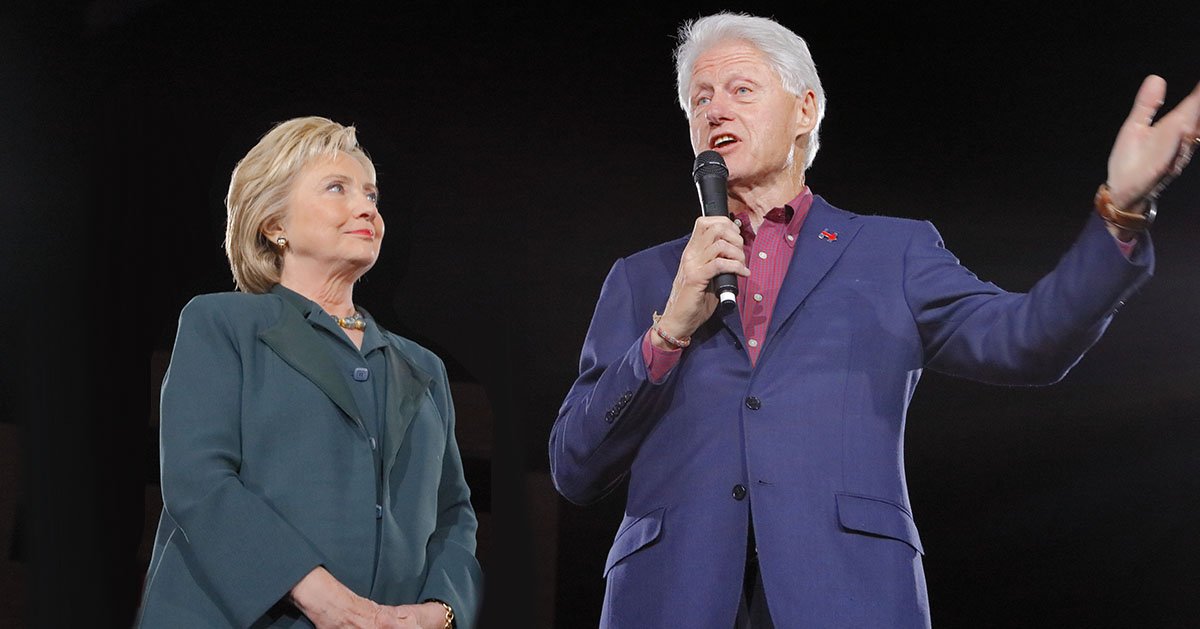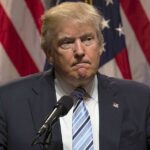








The upcoming debate between Kamala Harris and Donald Trump is anticipated to be a pivotal moment in the presidential race, drawing intense national and international attention.
Politico reported that the high-stakes matchup comes as recent polls show a tightly contested race, with Harris' momentum stalling but not reversing, and key battleground states up for grabs.
The significance of the forthcoming debate is underscored by its timing and context. As the election approaches, both candidates face the challenge of swaying undecided voters and solidifying their bases.
Recent polling data, including a New York Times/Siena College survey, indicates that Trump holds a slight lead in some areas, though Harris maintains a national lead of 1 to 3 percentage points. The battleground states are notably competitive, with margins thin enough to tilt the election outcome.
This polling data reveals shifts in voter sentiment and preference, pointing to a race that could hinge on a few key states and demographic groups.
Kamala Harris has seen her favorable ratings climb from 39% in late June to 48% now, signaling a positive shift among potential voters. Conversely, Trump’s favorable rating currently stands at 44%, presenting a close favorability contest between the two.
The improvements in Harris' ratings suggest a growing approval of her candidacy, even as the race tightens and the debate looms large.
The upcoming debate poses both risks and opportunities for Harris, who is perceived by fewer voters as well-known compared to Trump. This event offers her a significant platform to outline her policies and connect with voters.
Meanwhile, third-party influence in this election cycle has waned, with the cessation of Robert F. Kennedy Jr.'s campaign and the minimal presence of other candidates, which may affect the dynamics of the debate and subsequent voter decisions.
Both Democratic and Republican voters show high levels of enthusiasm, comparable to previous elections, which suggests a highly engaged electorate ready to weigh in on the contrasting visions for America's future.
However, Trump is still perceived by many as better suited to handle the economy, an issue that remains a top concern among voters, though Harris has made strides in narrowing this perception gap.
Despite the general pessimism about the country's direction, a majority of Harris' supporters are optimistic, viewing the country as being on the right track under her proposed leadership.
This sentiment contrasts with the broader dissatisfaction evident among the general populace, highlighting the polarized views on economic and national leadership.
Following the debate, the Harris campaign plans to capitalize on the momentum by launching a multi-state tour dubbed the “New Way Forward Tour.” This initiative aims to reinforce her messages and policy proposals across key states.
The tour is set to play a crucial role in consolidating Harris’ support base, providing a platform for direct voter engagement and an opportunity to sway undecided or swing-state voters.
In conclusion, as the debate approaches, both candidates are positioned to make significant impacts. For Harris, the debate is a chance to redefine her campaign narrative and solidify her standing, while Trump aims to leverage his perceived economic acumen.
With the electorate's high enthusiasm and the narrowed third-party field, the debate’s outcome could very well dictate the tempo of the final weeks leading up to the election.



